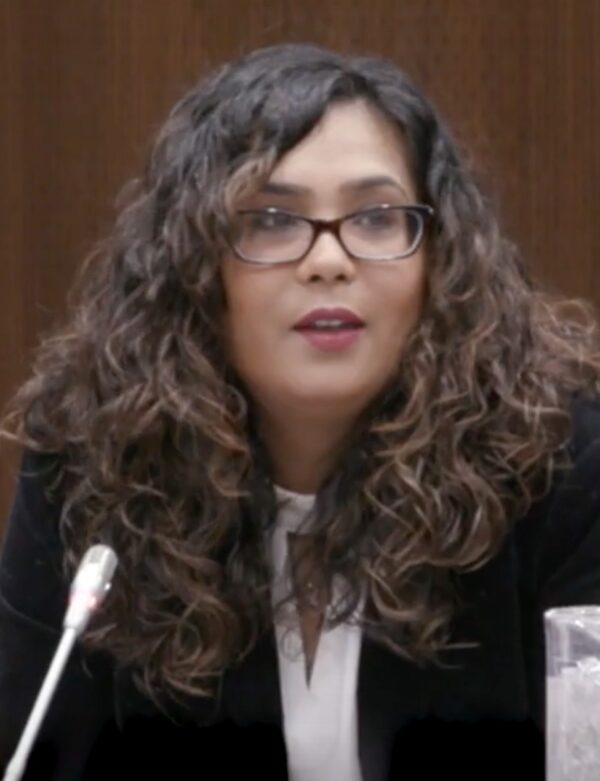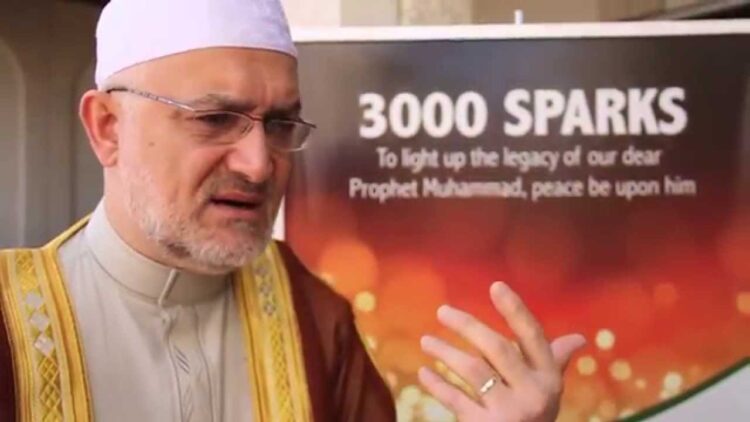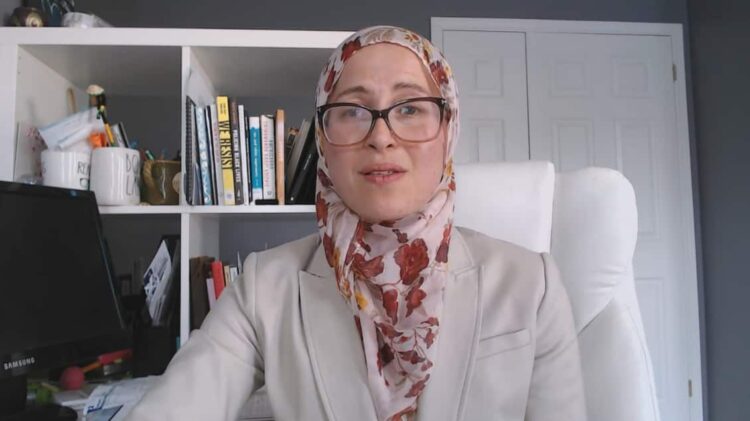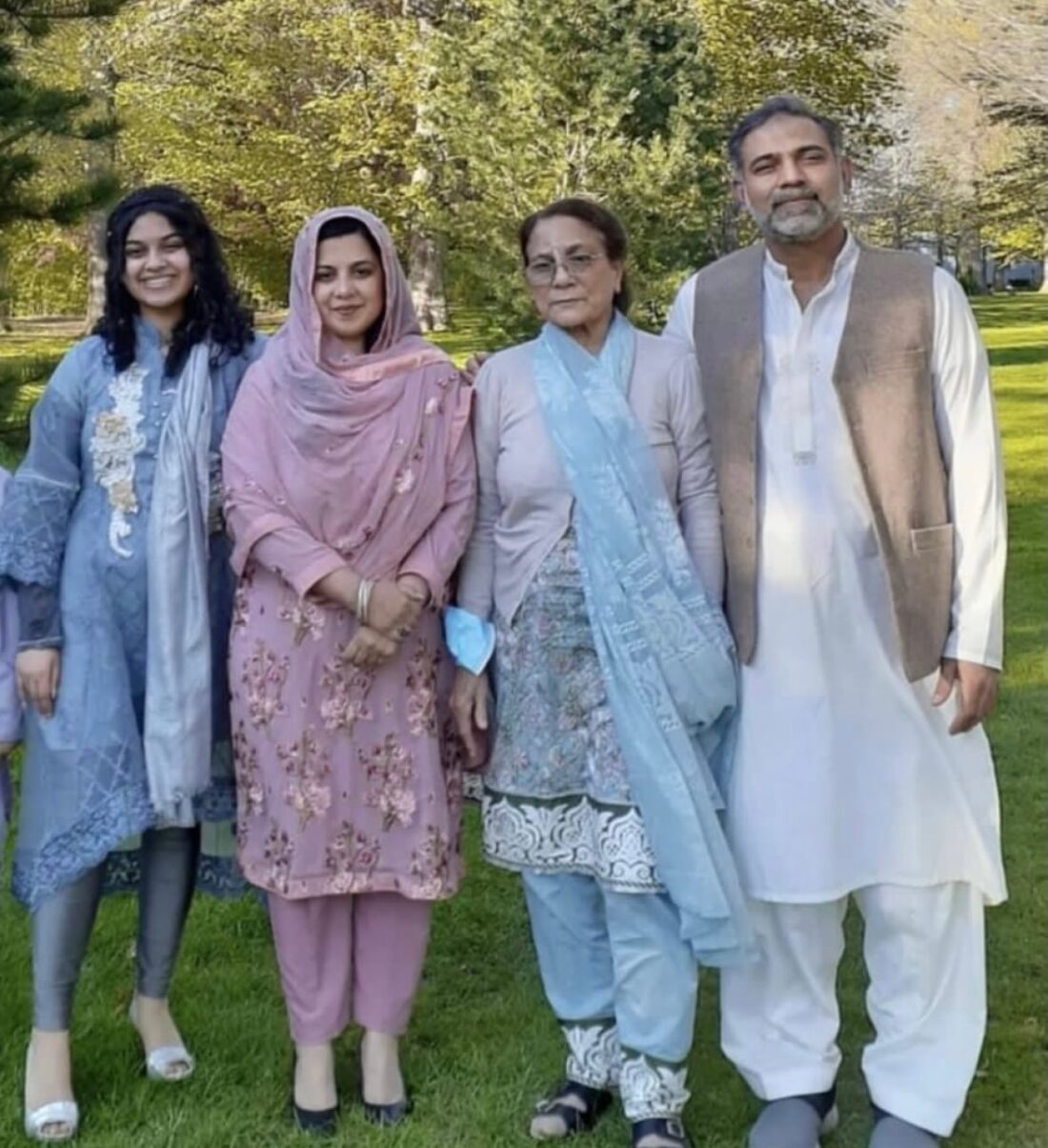Ed Holder, the mayor of London, Ontario, called it a crime “rooted in unspeakable hatred.” He was referring to the deadly hit-and-run incident on June 6 during which a 20-year-old local man intentionally drove his pickup truck into a Pakistani Muslim family out on a stroll.
In one fell swoop, three generations of a single family were killed in the most recent Islamophobic outburst in Canada.
The victims were Salman Afzaal, 46, his wife Madiha, 44, their 15-year-old daughter, Yumna, and Afzaal’s 74-year-old mother, Talat. Afzaal’s nine-year-old son, Fayez, was seriously injured and remains in hospital.
The perpetrator was Nathaniel Veltman, a devout Christian. He was charged with four counts of first-degree murder and one count of attempted murder.

He did not know the family, has no known ties to extreme right-wing organizations, and did not have a criminal record.
Police in London said the Afzaals were “targeted because of their Muslim faith.”
This was confirmed by Canadian Public Safety Minister Bill Blair. “The events that took place … were clearly hate-motivated. They were clearly racist and they were clearly an act of terror. I can confirm that this is being actively investigated as a terrorist act by the police authorities.”
This was the latest outrage against the one million-strong Muslim community, which represents three percent of Canada’s population.
Last year, a caretaker in a Toronto mosque was stabbed to death by a person alleged to be influenced by neo-Nazi social media posts. In 2017, a man barged into a mosque in Quebec City and killed six worshippers. In 2015, a mosque in the Ontario town of Peterborough was set on fire.
The premier of Ontario, Doug Ford, issued an appropriate denunciation: “Hate and Islamophobia have no place in Ontario.”
Canadian Prime Minister Justin Trudeau addressed the issue head on. “Islamophobia is real,” he said without mincing his words. “Racism is real.”
Lamentably, Trudeau is right.
Canada is universally regarded as a tolerant nation that welcomes and absorbs new immigrants. Several years ago, Canada admitted tens of thousands of Syrians fleeing the ongoing civil war in their homeland. And in 2017, Parliament passed a motion condemning Islamophobia. Opposed by the Conservative party, it was introduced by Liberal Party MP Iqra Khalid, a Muslim representing a riding in a Toronto suburb.

These humanitarian gestures conceal undercurrents of deep-seated racism in Canadian society. Although a substantial number of Canadians have no problem accepting newcomers, a plurality are intolerant of certain identifiable immigrants.
According to a Radio Canada survey, one in four Canadians would favor a ban on Muslim immigration. The level of support for this ban rises to 32 percent in Quebec.
After Jews, Muslims are the most likely Canadian religious group to be verbally abused or physically attacked.
Beyond being the object of hatred by some Canadians, Muslims and Jews in Canada are torn apart by Israel’s conflict with the Palestinians. This phenomenon bubbled to the surface on June 8 at the end of a memorial service held in a London mosque to pay homage to the Afzaals.
In nationally televised comments, Munir el-Kassem, the imam of the Islamic Center of Southwest Ontario, drew a link between the murder of the Afzaals and the recent 11-day cross-border war in and around the Gaza Strip between Israel and Hamas.

“There’s a reason why they say the world is a small village,” he said. “Every country has a foreign policy. I just want to say, whatever is happening in Jerusalem and Gaza is related to whatever happened in London, Ontario, period.”
Understandably, Jewish organizations in Canada were upset by Kassem’s gratuitous remarks. What, after all, is the connection between an unhinged murderer like Veltman and Israel’s dispute with the Palestinians?
None, to be exact.
Yet Kassem went out of his way to connect these two separate events. This was not only irresponsible, but inciteful.
Kassem could have made a contribution to interfaith dialogue by focusing on the issue at hand. This would have been a constructive rather than a divisive approach.

As Amira Elghawaby, a board member of Canadian Anti-Hate Network, has said, “It’s urgent that we address hate in Canada because all of us, no matter what our backgrounds are, no matter our skin color, our faith, any type of characteristic, whoever we are, we all have a right to fully be ourselves in Canada.”
Exactly.
